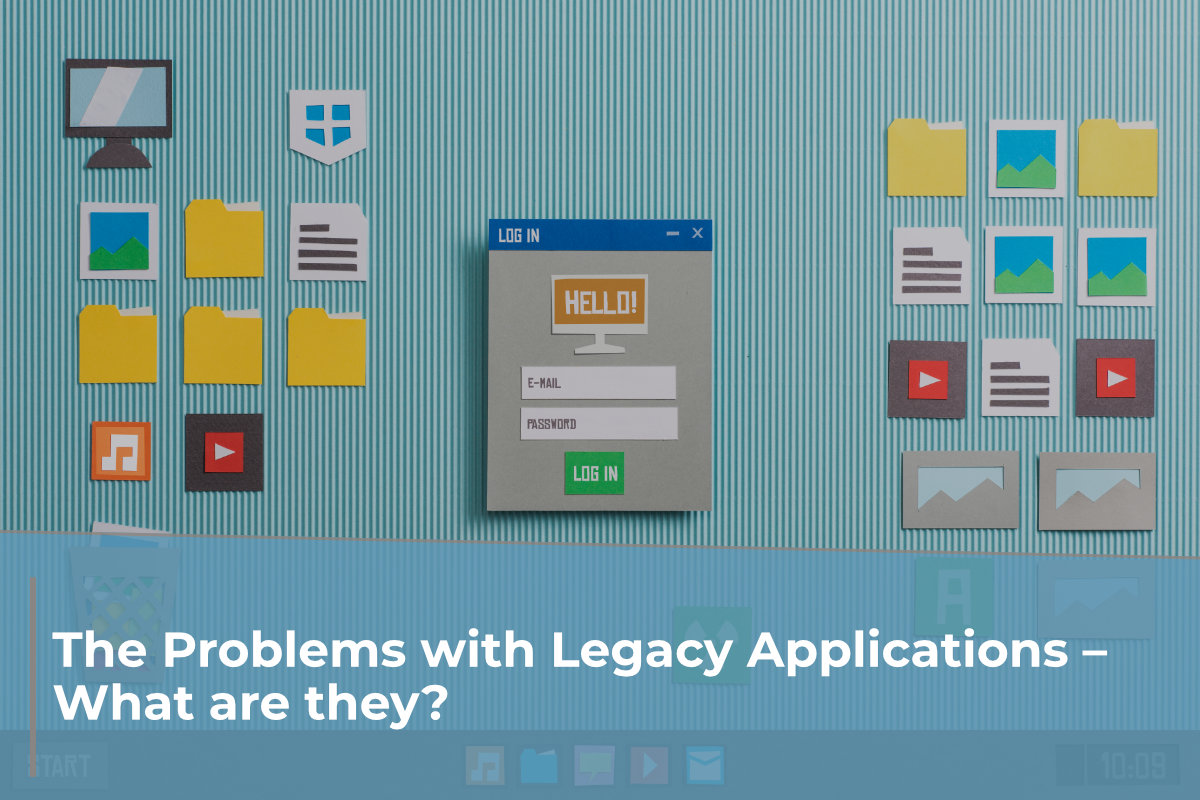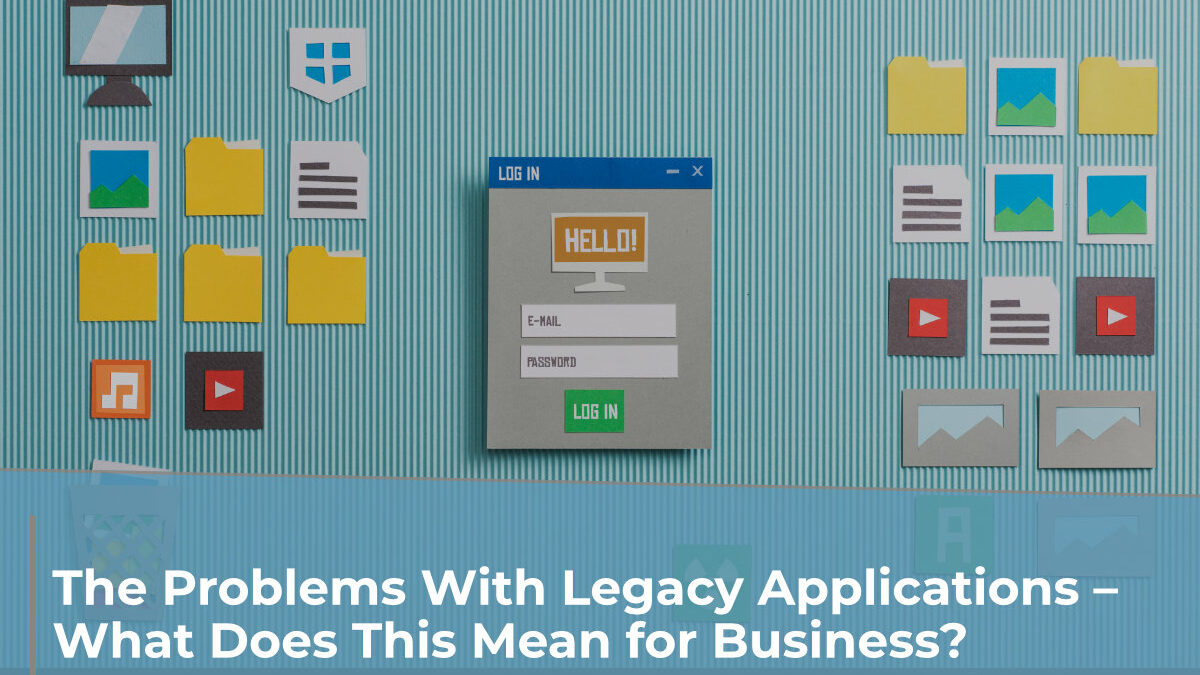
The Problems with Legacy Applications – What are they?
17 January 2023
April 2023 price increase for Microsoft
27 January 2023In the previous post, we looked into Legacy Applications, learned what they are, and learned how, regrettably, your indispensable apps end up becoming Legacy. Let’s now examine some of the difficulties they present in the contemporary workplace.
The operational challenges
A lack of modern practice
Since technology is always developing, so too are the laws governing compliance. Its organisation may function with a forward-thinking culture and ideals, but this is useless if your tools are outdated. Legacy apps will force you to live in the past. Of course, failing to apply new updates results in gaps that impede your staff from working to their full potential.
Lack of knowledge around the app
Since the Legacy app was most likely implemented a long time ago, it’s possible that any knowledge you and your organisation had had of it is now almost non-existent. The average age of the workforce has decreased significantly, but the younger team members probably haven’t used the app before and won’t be able to fully utilise it without assistance.
A lack of support
As we already explained, without support the apps won’t reap the benefits from updates. People assume that updates are to improve functionality, but in actual fact they are to fix stability issues, bugs, and the security vulnerabilities which the app has developed over time, and ensure that the app is safe to use again once the update has been implemented. The protection gained from updates is your barrier to stop cyber criminality; without it your system could become a target.
Lack of compliance
Using legacy programmes could cause you to miss deadlines for legal compliance. Every governing body has guidelines for the handling of personally identifiable information. Because you are aware that you are not acting lawfully or in a safe manner, continuing to use a Legacy app is illegal in and of itself.
Lack of remote access
Since quite some time, remote work has been more popular. In the past, working remotely was a perk reserved for the boss, but in the modern age, it is now considered standard practise for entire teams. The remote workers require access to all the necessary information and resources that enable them to do their duties in the office, but the Legacy apps you rely on at work may be difficult or extremely expensive to adapt to work effectively in a remote environment.
The technical challenges
Lack of security
When support stops so do patches/updates. Cyber security should be at the very top of your business concerns in the modern world. Once patches stop the risk of an attack being successful rises exponentially as the app has no way of defending itself. This puts your data at substantial risk, and when your data is at risk things can quickly get out of hand, because this jeopardises your ability to remain compliant and maintain your reputation with clients.
Lack of backup
Backups are necessary. You must be able to ensure operations continuity and recover data. Businesses in the present era can’t afford to shut down for a few hours because doing so could cost them customers and sales. You wouldn’t be able to retrieve backups of your data stored elsewhere if an issue happened that prevented you from operating as efficiently as you usually do. This would force operations to halt, which may be terrible for your company.
Wherever possible, you must use updated versions of software; legacy apps are more trouble than they are worth.
Need help with your IT?
At CloudHost we can help you and your business with any of your IT needs. If you have additions or changes you wanted to make to your IT please get in contact with us today.





